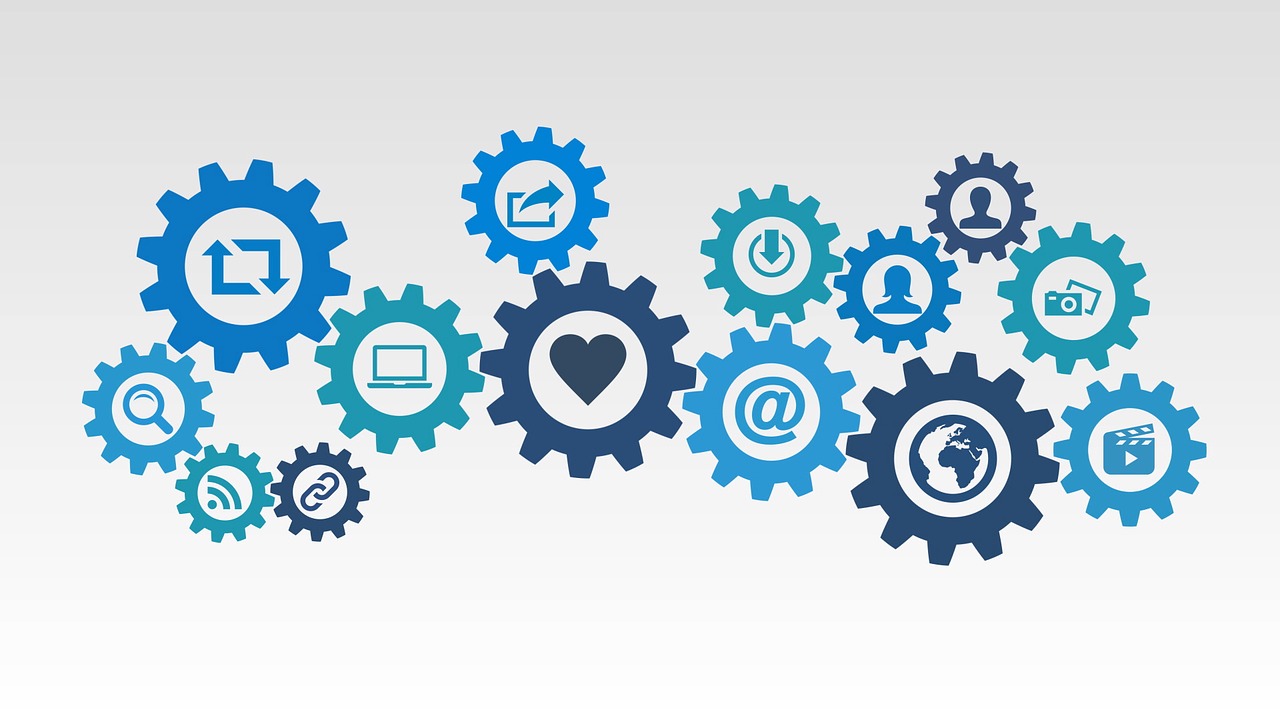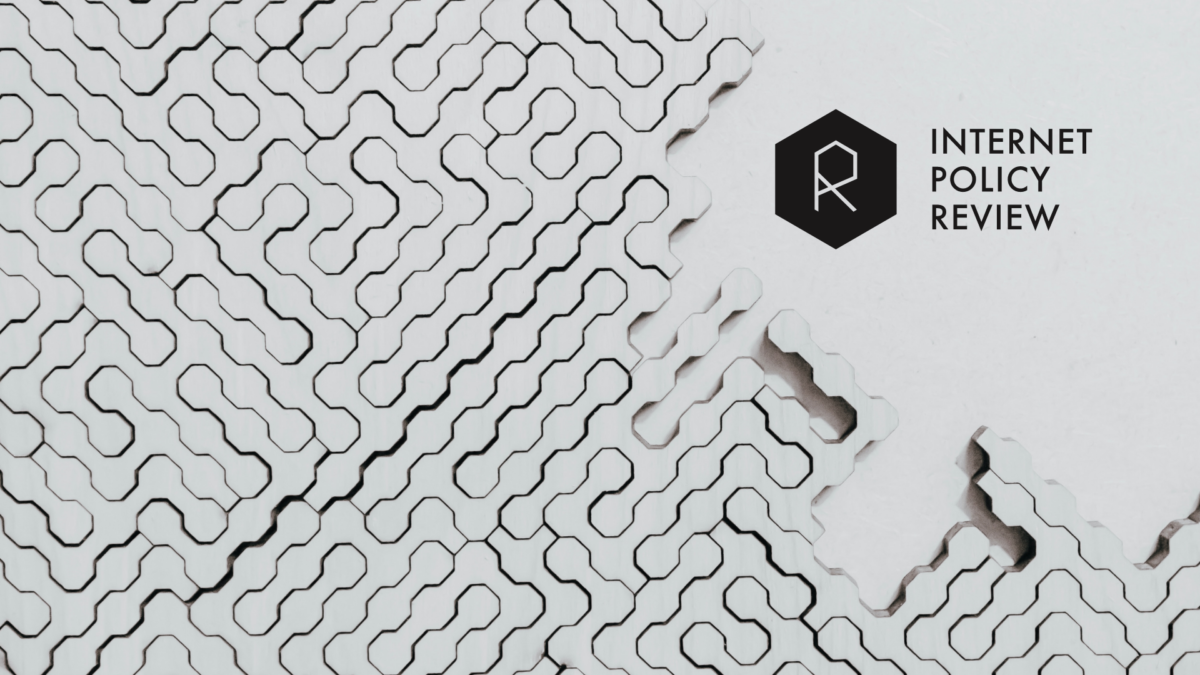Making sense of our connected world
Science hostility: What we know and what we can do about it
The KAPAZ project supports researchers facing science hostility with communication training, institutional resources, and initiatives to raise awareness.
Resistance to change: Challenges and opportunities in digital higher education
Resistance to change in higher education is inevitable. However, if properly understood, it can contribute to shaping digital transformation constructively.
Debunking science myths: Preconceptions about science put to the test
What is really true about preconceptions about science? Five popular myths about a constantly quarrelling group of professionals explained simply.
Making Sense of the Future: New brainteasers for digital futures in the classroom
Explore “Making Sense of the Future”, an open educational resource combining futures studies and creative exploration to reimagine our digital futures.
Honey, we need to talk about the future
Can futures studies challenge the status quo beyond academia and approach public dialogue as an imaginative space for collective endeavours?
Diamond OA: For a colourful digital publishing landscape
The blog post raises awareness of new financial pitfalls in the Open Access transformation and proposes a collaborative funding structure for Diamond OA in Germany.
How COVID-19 impacts digital technologies
The current lockdown is boosting online activity – everything is increasingly shifting to the digital sphere. In this dossier we ask if, how and why the Corona pandemic will affect key subjects of digital technologies. What does this mean for the regulation of content on digital platforms? How is Covid-19 activating the digital society? How does it transform our online culture? How safe are tracing apps? What lessons can be learned regarding cyber security? Busy times for our researchers!
How metaphors shape the digital society
Cloud, Big Data, Piracy, Virus are common terms in the debates about digital technologies. At the same time they are methaphors that originate from other fields than technology. What normative or political baggage do they therefore carry? How does this vocabulary shape the emerging digital society? In the series of articles on the How metaphors shape the digital society different authors analyse the assumptions and meanings of metaphors in the digital era.

















